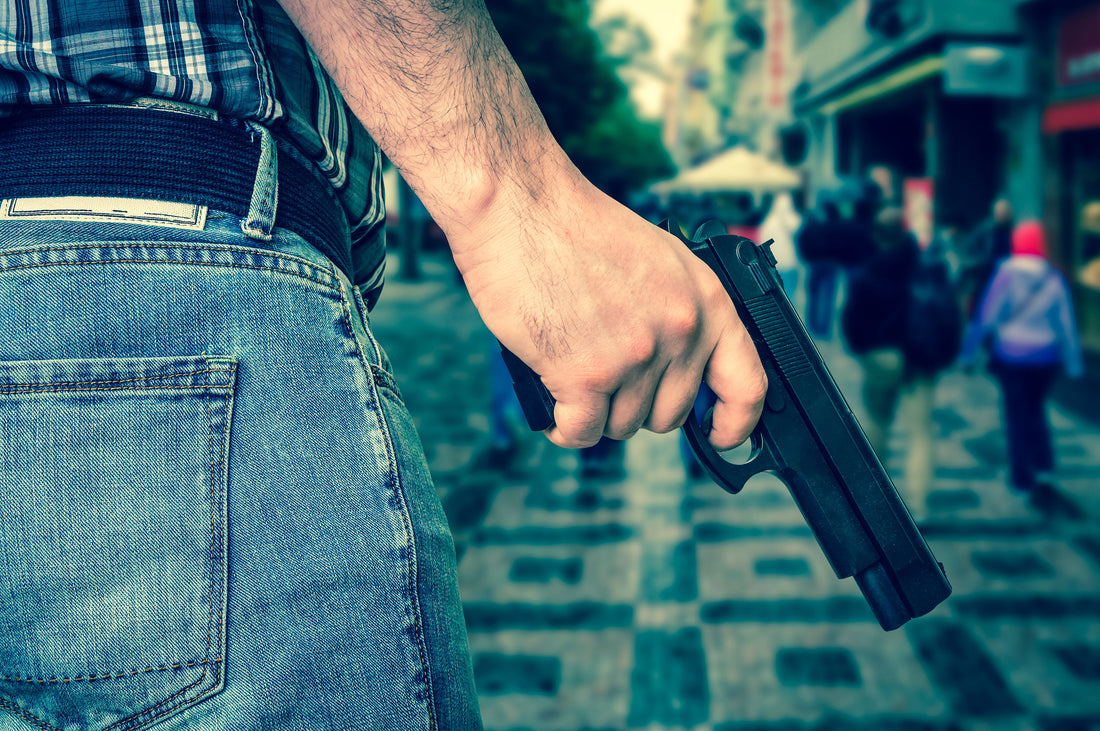
Preparing for Contention & Chaos - Part 2
Share
In training new police officers, I find many of them want a checklist or flow chart for every single thing that can go wrong. It's just not feasible. Real life doesn't follow a plan or checklist very well.
The Supreme Court has described the environment of law enforcement officers as, "tense, uncertain, and rapidly evolving". That also sounds like the perfect definition of any dangerous event or circumstance. Personal attacks, natural disasters, active shooter events, and terrorist attacks are all tense, uncertain, and rapidly evolving situations.
An emergency is simply an unexpected, rapid change to your circumstances that MAY affect you badly. Preparedness is simply anticipating problems and solving them ahead of time or having ways of dealing with them when they happen. Solve the Problem Before It Happens!
Being ready for something is nothing more than thinking about a potential problem and solving it before it happens - or, having mitigating contingencies for dealing with it. That's all it is. Don't go down the rabbit hole of the endless possibilities of dangerous events.
Think of one problem, then solve it before it happens or come up with a variety of ways of dealing with it. Here's an example.
The power goes out in my home and surrounding area for 7 days due to a storm or natural disaster. What problems would that create for me?
List all of the problems. Then come up with a solution to prevent as many of those problems from happening as possible. For the ones that you can't prevent, come up with a number of ways (the more the better) of dealing with those problems and lessening or mitigating their affect on you.
A simple example would be; We don't always have 7 days worth of food in the house. So we could prevent going hungry by always having 10-14 days of food in the house. Next… how would we prepare that food without power? You can't prevent the power from going out, but you can deal with it by having food that can be easily prepared on a propane camp stove, solar ovens, or some other means. This one small step brings a lot of peace of mind. You just solved one threat. Now move on to the others.
Or how about... I'm out with my family when an active shooter event occurs in our immediate area. What will I do?
In law enforcement training, we have a saying, "If it's predictable, then it's preventable". I don't necessarily believe this is 100% true. I don't think you an prevent everything, but you can prevent a lot of things and have ways of dealing with anything you can't prevent.
So, your task is to look at your life and start predicting and listing potential problems, threats or dangers. Once you have the list, begin looking at ways you can prevent those things from happening or how you might avoid them if they do. For the ones that you may not be able to prevent, make plans for dealing with them when (not 'if') they happen.
